ID: 4YE-WR6
ID: 4YE-WR6
Guava
Psidium guajava
Photo
Kenya
20:28 - 18°C
My connections
The project I am part of
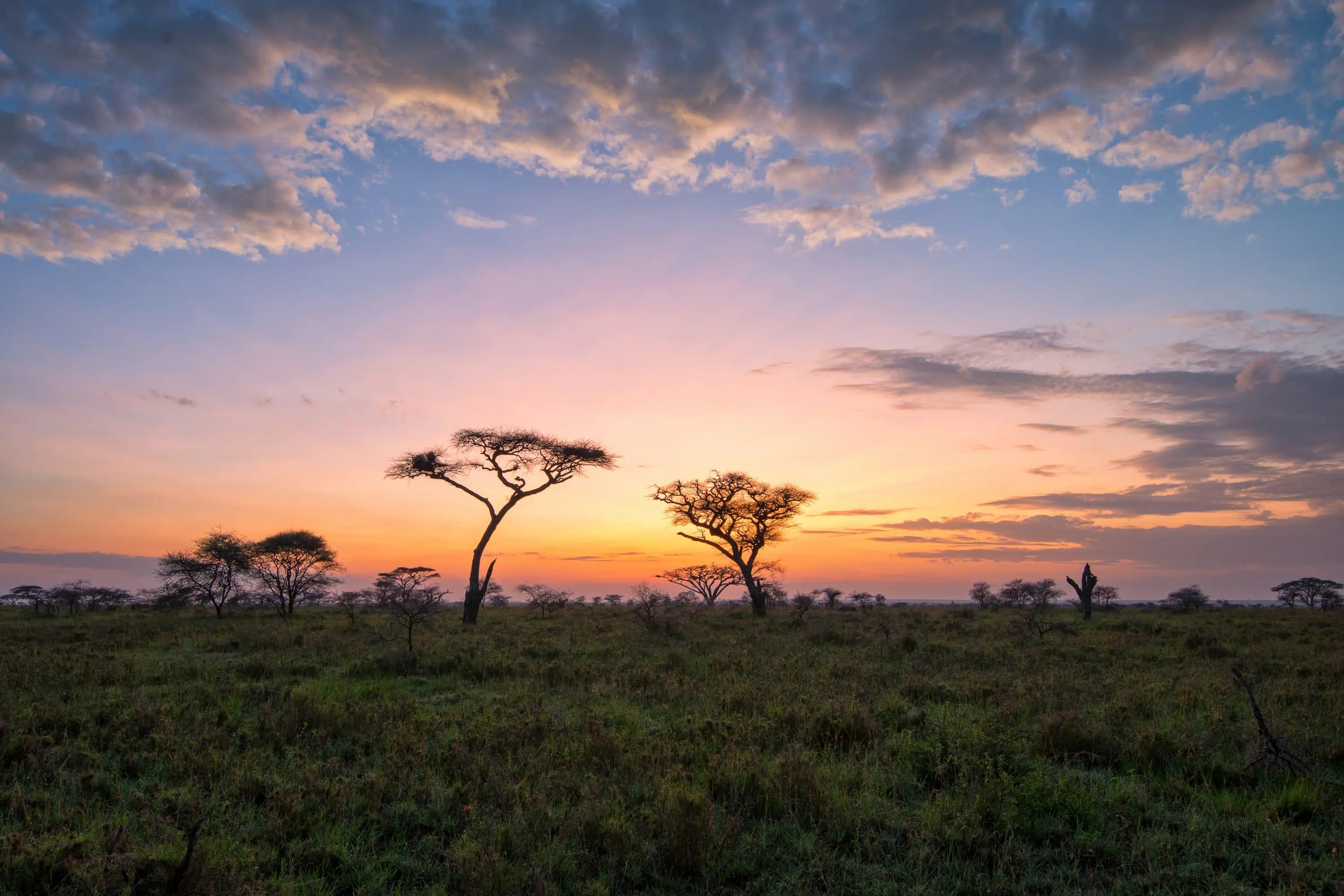
Kenya
61,451
Involved farmers
1,282,626
Planted trees
Amid savannahs and highlands, Kenya is home to unique biodiversity. Here, Treedom works with smallholder farmers to plant trees that nourish, protect the soil, and offer new perspectives for local communities.
My ID card
Who am I?
Tree
Guava
Date of birth
06/03/2021
Name
Guava

/34.71645729,-0.5854056,0/500x333@2x?access_token=pk.eyJ1IjoidG9tbWFzb3NwZXJvbmkiLCJhIjoiY2tnOTE3eW12MDJqazMybXNzOWV1YjloOSJ9.wtGsuDU7XIKjcv2cq8CiXw&logo=false&attribution=false)
Where am I located?
Country
Kenya
Place of birth
Bogusero ward
Coordinates
0° 35′ 7.46″ S | 34° 42′ 59.25″ E
My Timeline
The important moments in your tree's life.
Seed
It all starts with a tiny seed, nice and warm in the soil.
Nursery
Your seedling is big enough to be welcomed into one of our nurseries, along with many others.
Planted
We’re here! Your tree has reached its new home: it’s been planted by a smallholder, who’ll take care of it for years to come.
Photo
Strike a pose! Now that it’s big enough, here’s a photo of your tree!
My Gallery
Nursery
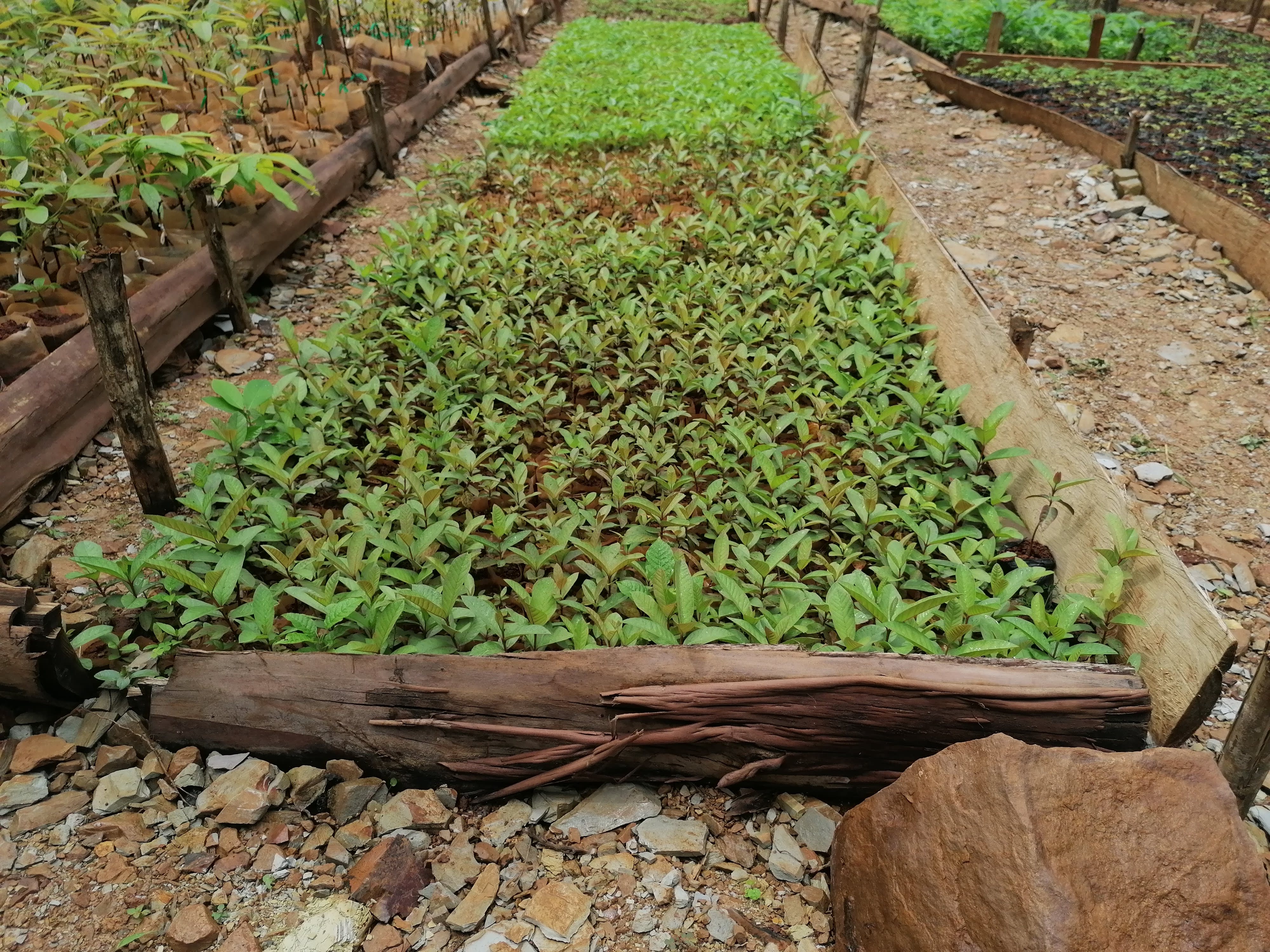
Planted
/34.71645729,-0.5854056,0/500x333@2x?access_token=pk.eyJ1IjoidG9tbWFzb3NwZXJvbmkiLCJhIjoiY2tnOTE3eW12MDJqazMybXNzOWV1YjloOSJ9.wtGsuDU7XIKjcv2cq8CiXw&logo=false&attribution=false)
34° 42′ 59.25″ E
Photo
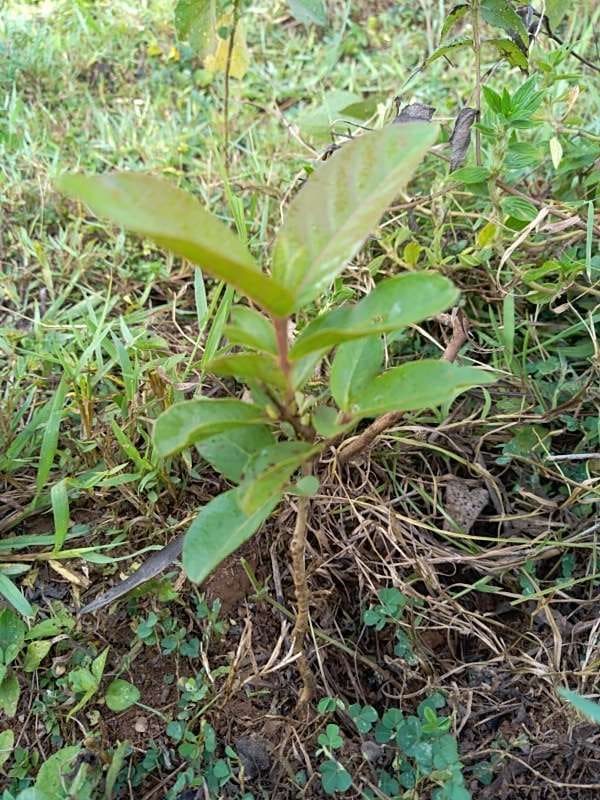
Curiosity about me
The important moments in your tree's life.
Let's start with introductions
A Central American species, the guava tree is often cultivated in tropical countries. It produces extremely juicy fruit and beautiful, large, perfumed flowers. Guava fruit is consumed both fresh and in the form of juices, nectars, and preserves. It thus provides great support to the rural economy of Kenya to ensure the dietary security of the local population.
Meaning
Beauty
The antioxidant power of guava makes it a bonafide beauty elixir.

How much CO2 I’ll absorb
My estimated CO2 absorption capacity is based on the first 10 years of my life*
Current absorption
- 80 kg
2021
0 kg
2031
-200 kg
* The tree will continue to absorb CO2 even after the tenth year. Therefore this is a prudent estimate.
How I am useful to local communities
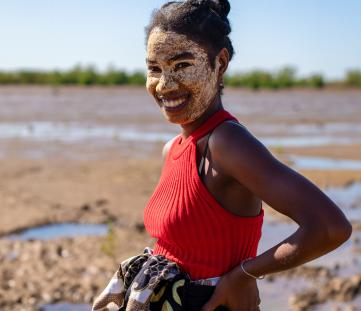
Cosmetics
Raw materials are extracted from its flowers, fruits and/or leaves to produce creams or powders.
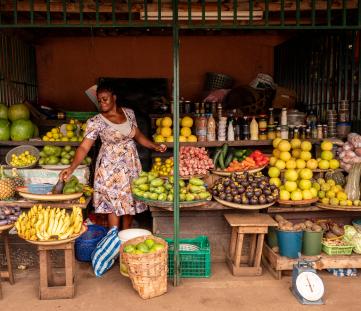
Consumption and sales
Its fruits, seeds and/or leaves are used as food in the farmers' families or are sold on local markets.
My benefits
90%
Food Security
The trees will bear fruits, some that will be edible immediately and others that can become edible through processing, ensuring food resources over time.
70%
Economic development
The trees' fruits and the products derived from their transformation can be traded in local networks, offering income opportunities.
40%
CO₂ Absorption
During its life cycle, each tree will absorb CO₂. The trees you plant can offset your emissions.
20%
Environmental protection
The trees are planted in agroforestry systems that favor the virtuous interaction between the different species and their positive impact on the environment and on the land.